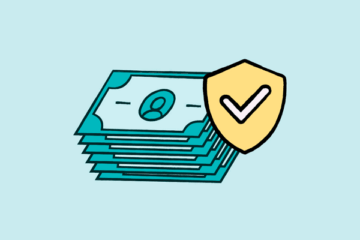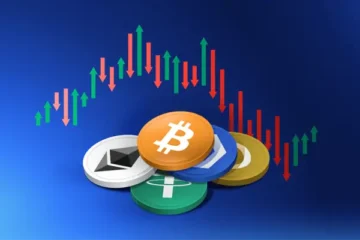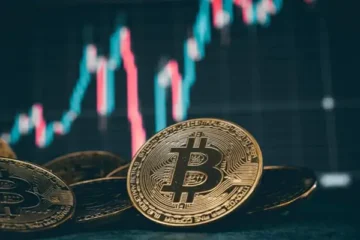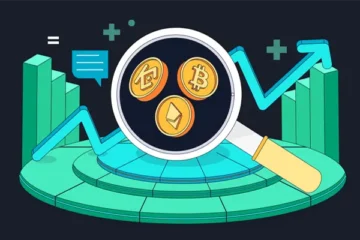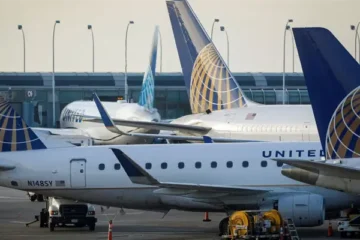How inflation affects consumers’ purchasing power
Anúncios
Inflation is a term, in economics that describes the rise in prices and the resulting decrease in what consumers can buy with their money. When prices go up for items like groceries, utilities and fuel people need to adjust how they spend their money. This often means cutting back on essential purchases and focusing more on essential needs. If inflation lasts a time it can really change how people spend and how confident they feel about the economy.
Consumers feel the effects of inflation when they find that their income doesn’t stretch far as it used to in buying goods and services. This reduced purchasing power can impact their quality of life forcing them to either earn money or cut back on spending. Inflation can also affect term plans because people may have to save more for things like education, retirement or big purchases due to higher costs.
Anúncios
Economists keep an eye on changes in purchasing power to understand how inflation affects the economy overall. They use tools like the Consumer Price Index (CPI) to track price changes and measure inflation rates. A rising CPI suggests that inflation is increasing, which means consumers will need money just to keep up with their expenses. Knowing these trends helps policymakers and others involved in the economy come up with ways to reduce inflations impact, on purchasing power.
The Fundamentals of Inflation
Inflation is an concept, with widespread effects, characterized by a continuous rise in the overall prices of goods and services. Understanding inflation involves recognizing how it diminishes purchasing power over time. Various indicators like the Consumer Price Index (CPI) and the Producer Price Index (PPI) are used to measure inflation by monitoring changes in the costs of a selected group of products and services.
Anúncios
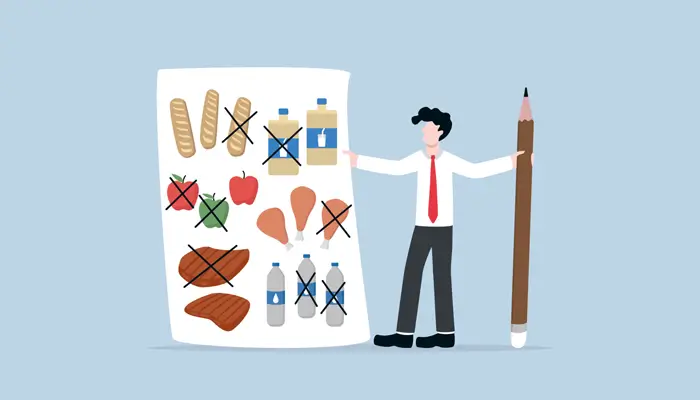
However inflation isn’t about price increases; its also impacted by factors such as demand driven inflation from consumer demands, cost driven inflation due to escalating production expenses and monetary influences like excessive money circulation. Moreover peoples expectations of inflation can impact economic decisions leading to a cyclical effect.
This section delves into these aspects of inflation shedding light on its workings, measurement methods and key contributors to its escalation. This knowledge empowers individuals and decision makers to make informed choices in dealing with and lessening the impacts of inflation, on economies and societies.
Definition and Measurement of Inflation
Inflation refers to how prices, for goods and services increase over time leading to a decrease in the value of money. Economists often use the Consumer Price Index (CPI) and the Producer Price Index (PPI) to gauge inflation. The CPI monitors changes, in prices of items while the PPI tracks how much domestic producers receive for their goods.
Causes of Inflation
Inflation typically stems from two factors:
- Demand pull inflation occurs when the overall demand, for goods and services surpasses the supply. This can happen when consumers, businesses and government spending increase;
- Cost push inflation happens when production costs rise resulting in a decrease in product availability. This could be due, to labor expenses, natural disasters impacting materials or tax hikes.
Additionally inflation can be influenced by policies that involve increasing the money supply in an economy. This action may diminish the value of money leading to trends.
Impact on Consumer Purchasing Power
Inflation is a phenomenon that directly affects how much consumers can buy with their money leading to a decrease, in the value of currency and influencing changes in the cost of living. When prices go up across the board it means that people can’t purchase as goods and services for the amount of money. This decline in purchasing power is especially noticeable when it comes to expenses like housing, transportation, food and healthcare putting pressure on household budgets. Inflation doesn’t just stop there.
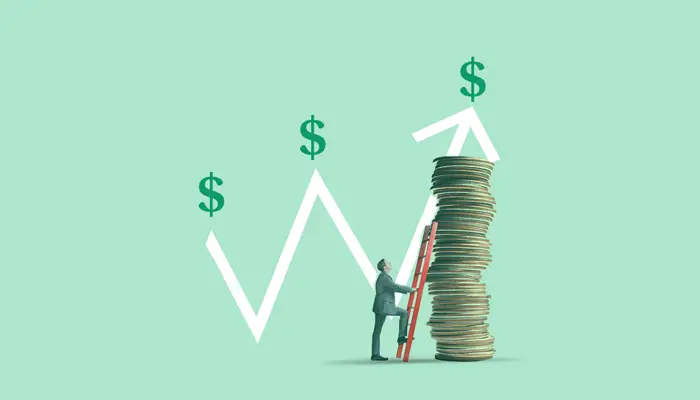
It ripples through parts of the economy. Has wider economic consequences. When production and distribution costs rise businesses might raise prices for consumers to cover these expenses feeding into the cycle of inflation. Furthermore inflation can eat away at savings and investments with fixed incomes making individuals less secure and worsening wealth disparities. Recognizing how inflation impacts consumers ability to buy things is crucial, for both policymakers and individuals because it highlights the importance of taking steps to lessen its effects and foster economic stability and prosperity.
Erosion of Real Income
When prices go up due, to inflation the purchasing power of income decreases. For instance if the inflation rate is 5% a $100 grocery bill this year would go up to $105 year for the same items. If peoples incomes don’t increase at much, as inflation it means they essentially have less money to spend.
Cost of Living Changes
The cost of living goes up as inflation goes higher making it necessary for people to allocate a portion of their earnings, towards needs. This can be illustrated by;
- Housing: Rent and property prices usually go up along with inflation;
- Necessities: The costs of food, fuel and utilities rise, putting pressure on the household budget.
Take into account the Bureau of Labor Statistics discovery that the purchasing power of the dollar decreased by 7.4 percent between 2021 and 2022 due to inflation. This implies that a dollar, in 2022 could buy 92.6 percent of what it could in 2021 underscoring the real impact inflation has on expenses.
Consumer Behavior and Inflation
Inflation affects consumer purchasing power, leading to changes in behavior as they adjust to rising prices and altered economic landscapes.
Shifts in Spending Patterns
- Needs, vs. Extra Splurges: People usually focus on buying things they really need like food and gas even if it means cutting back on items and unnecessary services;
- Spending Plan: It’s common to see families spending more of their money on things that are getting more expensive, like groceries and fuel;
- Choosing Wisely: When prices go up folks might choose store brand products to make their money go further.
Consumer Confidence Levels
The expectation of rising prices can make people less confident, about spending leading them to hold off on purchases and spend less on lasting items. Economic indicators, like the Consumer Price Index (CPI) often affect how confident consumers feel, especially when higher rates suggest instability.
Coping Mechanisms and Strategies
During times, with prices going up people often use specific plans to protect their financial stability. One common method is to review their budget focusing on expenses while cutting back on non essential purchases. They may look for options. Negotiate better deals to make their money last longer. Additionally individuals may seek ways to increase their income to offset the impact of rising costs.
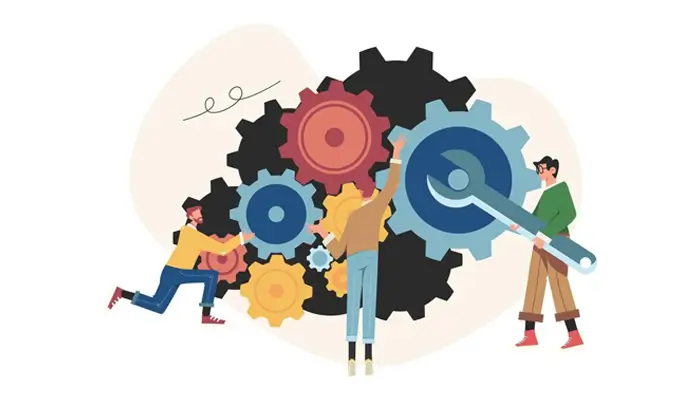
This could mean taking on work using their skills for gigs or investing in education and training to boost their earning potential. Some people also explore income sources like streams or investments to diversify their financial resources and lessen the effects of inflation on their financial well being. By taking these steps people can navigate challenging situations better and maintain some financial strength, against increasing inflation pressures.
Budget Adjustments
Consumers may alter their budget to accommodate the changing costs of goods and services. Prioritizing expenses becomes essential, with a focus on needs over wants. They frequently re-evaluate monthly subscriptions and non-essential spending, cutting back where possible. Implementing a strict shopping list and adhering to it helps in avoiding impulse purchases. Many also switch to less expensive brands or stores, and make the most of sales and coupons.
Essential Tips for Budget Adjustment:
- Prioritize necessary expenses like housing, utilities, and groceries.
- Identify and eliminate non-essential or luxury purchases.
- Use budgeting apps to track spending and set limits.
Seeking Income Growth
To save money and increase earnings people explore ways to enhance their income. They might aim for promotions, in their job. Search for better paying positions. Some opt for part time jobs or freelance gigs to boost their earnings. Engaging in self improvement through education and skill development can pave the way for income opportunities, in the future.
Strategies for Income Growth:
- Negotiate for raises or promotion within one’s current job.
- Diversify income sources through part-time work or freelancing.
- Invest in continued education and professional development to increase employability.
These budget and income adjustments are key strategies targeted to offset the challenges posed by inflation.

